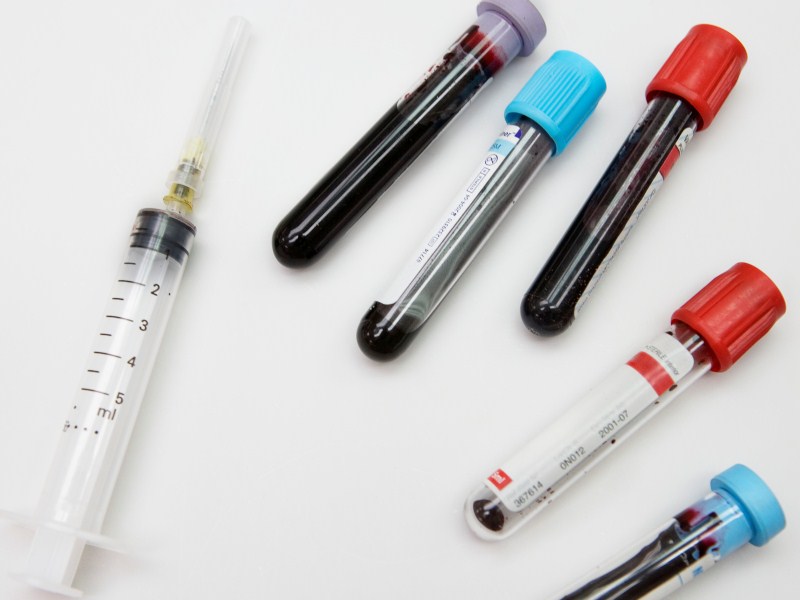Title: Where Do Phlebotomists Work: Exploring Career Opportunities in the Field
Meta Title: Discover the Various Work Settings for Phlebotomists and Career Opportunities in the Healthcare Industry
Meta Description: Learn about the diverse work environments where phlebotomists practice their skills, including hospitals, clinics, laboratories, and more. Explore the career opportunities and growth potential in the healthcare industry for aspiring phlebotomists.
Introduction:
Phlebotomists play a vital role in the healthcare industry by performing one of the essential tasks in patient care – drawing blood for various medical procedures and tests. As a phlebotomist, you have the opportunity to work in a variety of settings, from hospitals and clinics to blood donation centers and diagnostic laboratories. This article will explore the different work environments where phlebotomists can practice their skills, as well as the career opportunities and growth potential in this in-demand field.
Hospitals:
Hospitals are one of the most common settings where phlebotomists work. In a hospital setting, phlebotomists are responsible for collecting blood samples from patients for a wide range of diagnostic tests and procedures. They may work in various departments within the hospital, including the emergency room, oncology, pediatrics, and more. Phlebotomists in hospitals must be skilled in working with patients of all ages and medical conditions, as well as following strict safety protocols and handling sensitive information.
Clinics and Medical Practices:
Phlebotomists can also find employment in outpatient clinics, physician offices, and other medical practices. In these settings, phlebotomists are typically responsible for drawing blood from patients as part of routine check-ups, screenings, and follow-up appointments. They may work closely with healthcare providers and other medical staff to ensure accurate and timely blood sample collection and processing. Phlebotomists in clinics and medical practices must have excellent communication skills and be able to handle a high volume of patients efficiently.
Diagnostic Laboratories:
Another common work environment for phlebotomists is diagnostic laboratories. In these settings, phlebotomists are responsible for collecting blood samples and preparing them for analysis by laboratory technicians and other healthcare professionals. Phlebotomists in diagnostic laboratories must be detail-oriented and skilled in labeling, storing, and transporting blood samples according to strict guidelines and regulations. They may also be involved in performing basic laboratory tests and assisting with quality control processes.
Blood Donation Centers:
Phlebotomists can also work in blood donation centers, where they play a crucial role in collecting blood donations from volunteer donors. In these settings, phlebotomists must have a strong understanding of blood collection procedures, donor eligibility criteria, and safety protocols. They are responsible for ensuring the comfort and safety of donors during the donation process, as well as accurately labeling and storing donated blood for processing and distribution. Phlebotomists in blood donation centers must be compassionate, professional, and able to work efficiently in a fast-paced environment.
Home Health Services:
Some phlebotomists work in home health services, where they provide mobile phlebotomy services to patients who are unable to travel to a healthcare facility. In this setting, phlebotomists travel to patients’ homes to collect blood samples for various medical tests and procedures. They must be skilled in performing venipuncture in non-traditional settings, as well as maintaining patient confidentiality and safety while on the road. Phlebotomists in home health services must have excellent time management skills and be able to work independently.
Conclusion:
Phlebotomists have a wide range of career opportunities in the healthcare industry, with the potential to work in hospitals, clinics, diagnostic laboratories, blood donation centers, and home health services. Each work environment offers unique challenges and rewards, allowing phlebotomists to make a meaningful impact on patient care and support the delivery of high-quality healthcare services. Whether you’re just starting your career as a phlebotomist or looking to advance to a specialized practice area, the diverse opportunities in this field make it an attractive option for healthcare professionals seeking a rewarding and fulfilling career.
